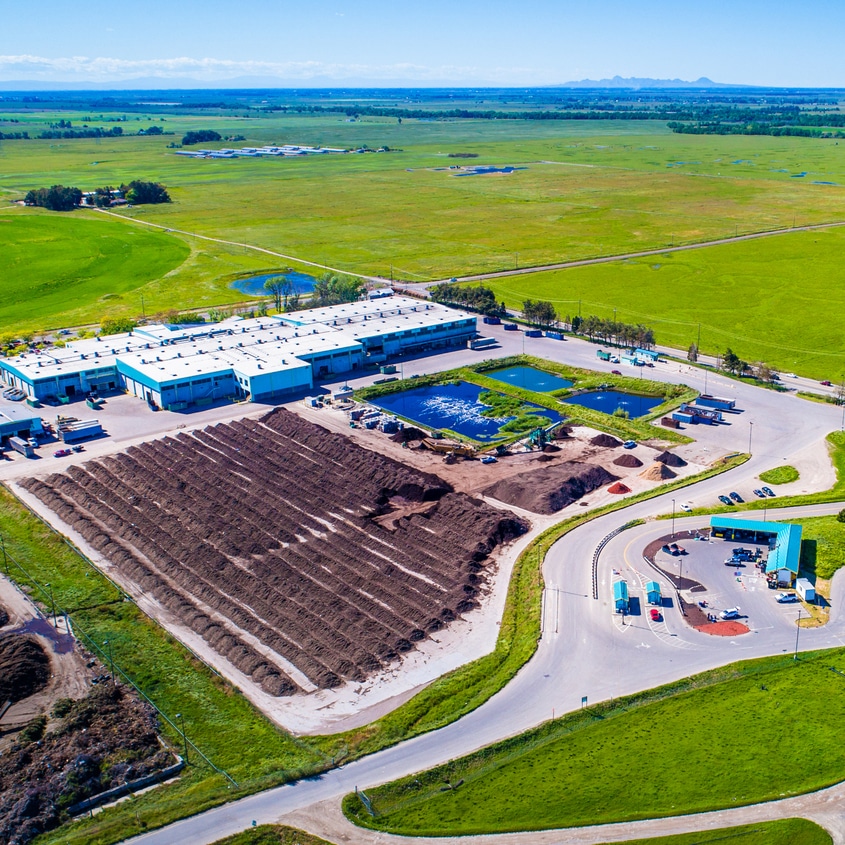Recycling and Waste Disposal in Placer County
Recycling and Waste Disposal in Placer County
Welcome to the WPWMA! Thank you for caring about our community and practicing responsible waste disposal and recycling. The WPWMA is here to help you learn how to properly recycle and dispose of business and residential trash and organics, so we can all keep Placer County beautiful.
Residential Resources
for Waste Disposal
For information on western Placer County’s mixed-waste collection program and a residential how-to guide for disposing of garbage, recycling, household hazardous waste, and organics, click the button below to visit PlacerRecycles.com.
Learn how Placer Recycles
Business Resources
for Waste Disposal
The WPWMA is making it easy to recycle commercial waste. For account information, soil filter permits, or more information about commercial hazardous waste disposal or commercial organics disposal, see the resources on this page.
Learn more about business and commercial disposal below
Open a commercial disposal account with the WPWMA
Welcome, business owners. It’s easy to meet your waste management needs with the WPWMA. Commercial accounts are intended for customers regularly spending $500 or more per month at the WPWMA’s facility. Complete the application here.
Properly dispose of commercial hazardous waste
Very Small Quantity Generators (VSQG) of hazardous wastes looking to dispose of them are welcome at the Materials Recovery Facility (MRF) without an appointment. Please note that disposal of household hazardous waste may be subject to facility fees. Learn more about VSQG here. Learn which hazardous wastes are accepted at the MRF and current disposal fees, here.
Soil Acceptance Application
Soil filters the water we drink, grows the food we eat, and captures the carbon dioxide that can be harmful to our environment. The Solid Waste Facility Permit for the Western Regional Sanitary Landfill (WRSL) prohibits the acceptance of contaminated soils; therefore, only clean soils are accepted at the Western Regional Sanitary Landfill. By filling out the Soil Acceptance Application, here, you will help us determine if — and under what conditions — your soil can be accepted by our facility.
Understanding commercial organics requirements
The WPWMA has been composting green waste since the mid-1990s and conducting small-scale composting of food waste from select businesses for several years in compliance with AB 1826. With the implementation of SB 1383 and new facilities at the WPWMA, there may be changes for how commercial organics are processed as soon as 2025. More information if your business must separate organic waste, here.
How to comply with California’s commercial recycling and composting laws
The WPWMA serves as a resource to help your business understand and comply with California’s recycling and composting laws. This section explains the reasoning behind the laws and offers information and additional resources to support businesses in complying with these waste and disposal mandates.
For Placer County contractors, please review this document for information on computing diversion and recovery rates for your projects.
When food and other organic materials decompose, they generate methane, a greenhouse gas over 70 times more potent than carbon dioxide over a 20-year span. Greenhouse gases play a significant role in climate change. Methane also contributes to public health problems, including heart disease and asthma. As of 2020, landfills produced at least 21% of the state’s methane emissions.
California is one of the first states in the nation to enact a statewide program to reduce greenhouse gas emissions through the diversion of commercial solid waste from landfills. As part of this effort, two laws established recycling requirements for businesses operating in California.
These laws are:
Methane emissions reduction targets for California set by law in Senate Bill 1383 (SB 1383, Chapter 395, Statutes of 2016) mandate that by 2025, organic waste disposal must be reduced by 75% and that at least 20% of currently disposed of surplus food must be recovered for people to eat. SB 1383 aims to reduce greenhouse gas emissions and remove up to 26 million tons of organic material from landfills annually by 2025. To help Placer County communities comply with this law, the WPWMA is undergoing facility renovations to convert the Materials Recovery Facility (MRF) into a high-diversion facility that will remove at least 75% of the organic waste within the waste stream and recycle it. These improvements will be in effect by early 2025.
For certain businesses, there may be additional requirements to collect and recycle your organic waste (food and green waste).
For compliance, a businesses must either:
- Subscribe to and participate in their jurisdiction’s organics curbside collection service.
OR
- Self-haul organic waste to a specified composting facility, community composting program, or other collection activity or program.
Businesses that sell food must also comply with these requirements under SB 1383:
- Recover the maximum amount possible of surplus edible food generated
- Partner with one or more food recovery organizations or services to pick up or receive your surplus edible food
- Have a written contract or agreement with the food recovery organization(s) or service(s).
- Track and maintain records of food recovered each month, including type, frequency of collection and amounts in pounds.
If you have questions about SB 1383 compliance, please email info@wpwma.ca.gov.
Approximately half of California’s waste stream is organic material like landscape trimmings, food waste, and lumber. Organic material can be diverted from landfills into composting and anaerobic digestion facilities, where it is transformed into soil amendments and biofuel. By 2025, California aims to reduce the amount of organic waste sent to landfills by 75%. To achieve this target, AB 1826 (Chapter 727, Statutes of 2014) requires commercial businesses to arrange for organic waste recycling services if they generate 2 or more cubic yards of solid waste per week.
Please email info@wpwma.ca.gov if you have questions about commercial organics recycling.
A business (includes public entities) that generates four cubic yards or more of commercial solid waste per week or is a multifamily residential dwelling of five units or more shall arrange for recycling services. Businesses can take one or any combination of the following in order to reuse, recycle, compost or otherwise divert solid waste from disposal:
- Self-haul.
- Subscribe to a hauler(s).
- Arrange for the pickup of recyclable materials.
- Subscribe to a recycling service that may include mixed waste processing that yields diversion results comparable to source separation.
The WPWMA provides a mixed waste processing system that yields diversion results comparable to source separation and so businesses that utilize the WPWMA do not need to take additional steps to comply with this law.
If you have any questions about AB 341, please email info@wpwma.ca.gov.
Looking for more information?
Here are additional recycling resources for businesses
Visit Cal Recycle’s Business Waste Reduction Resources here.



